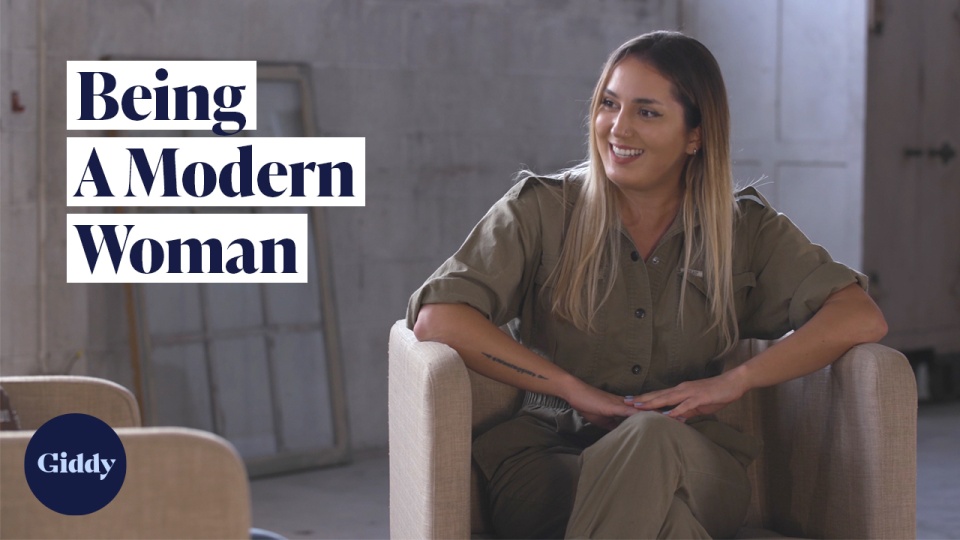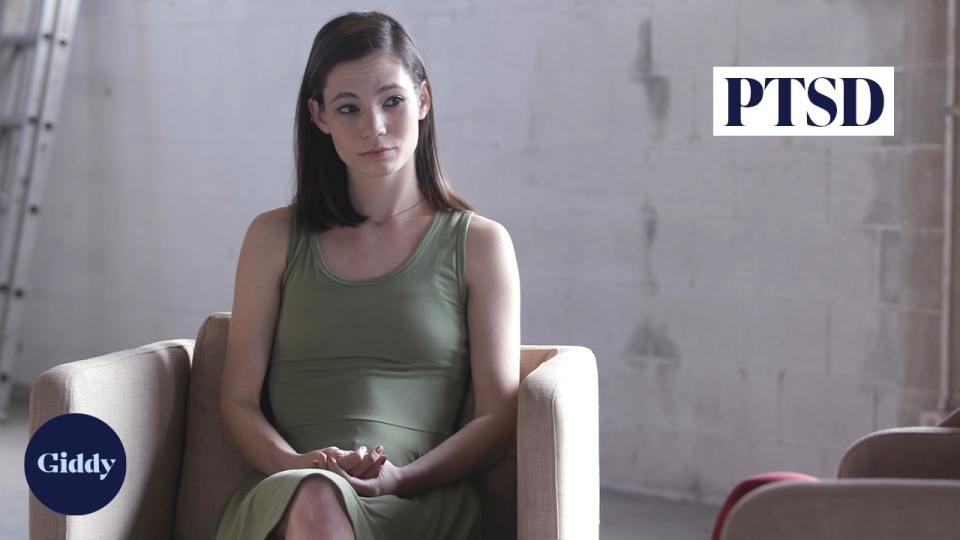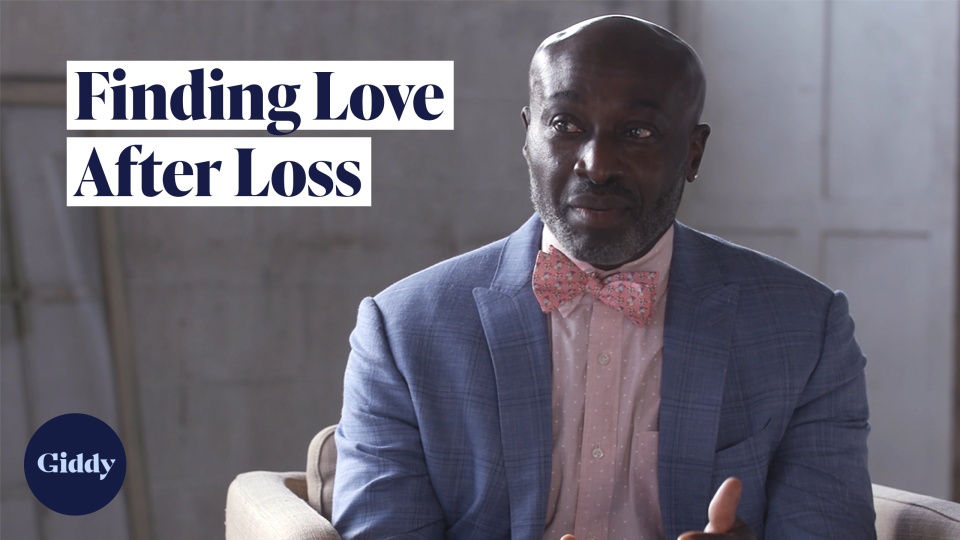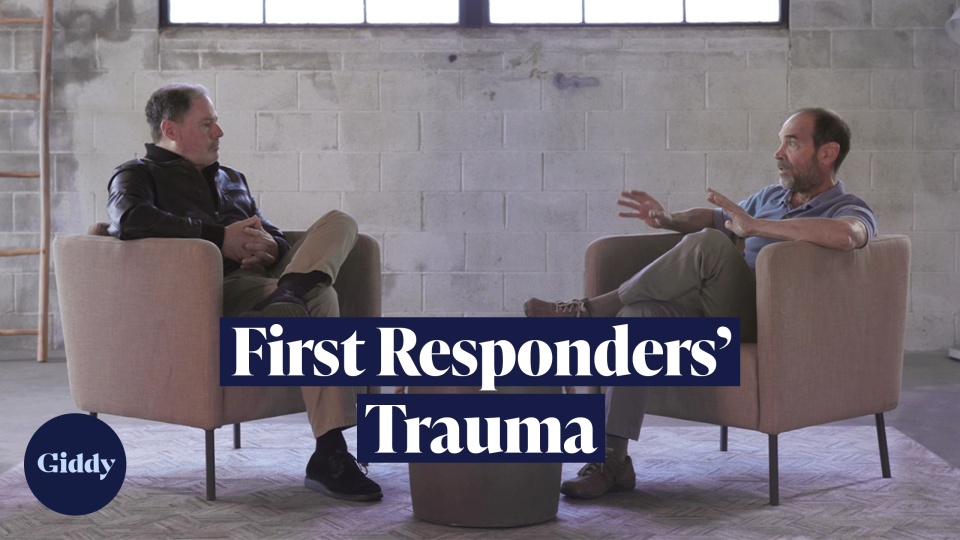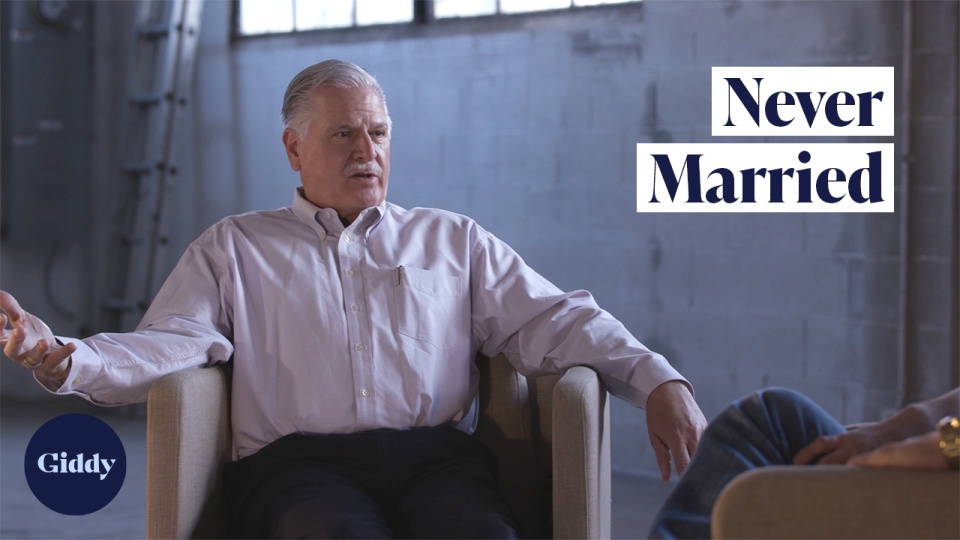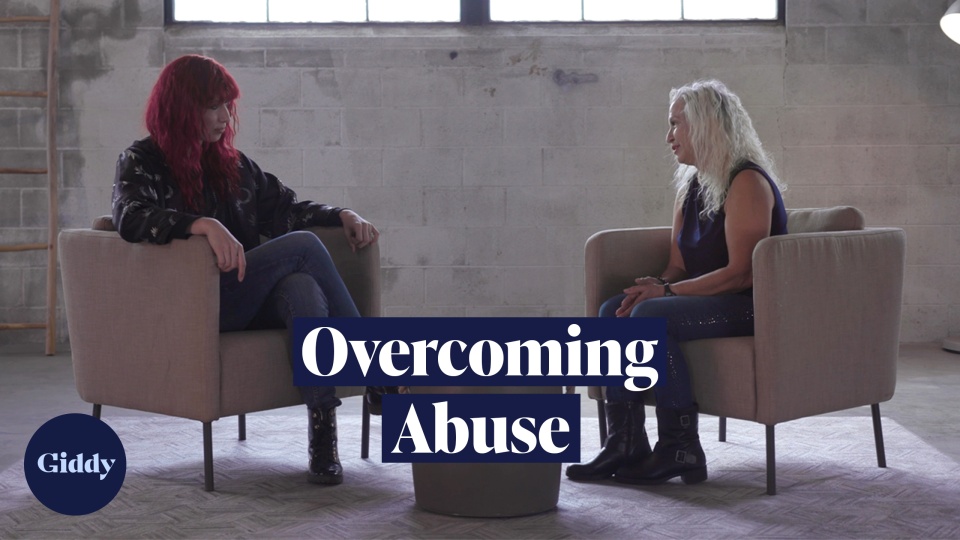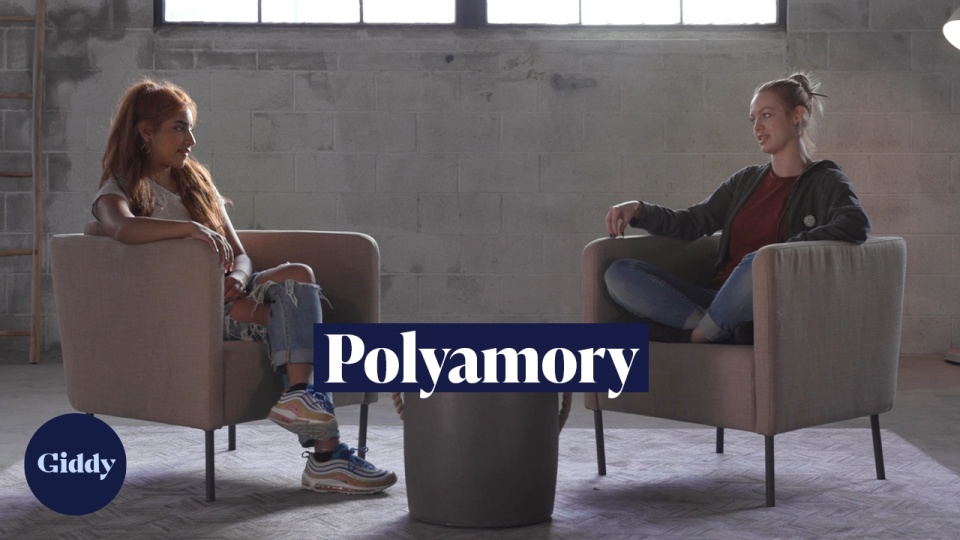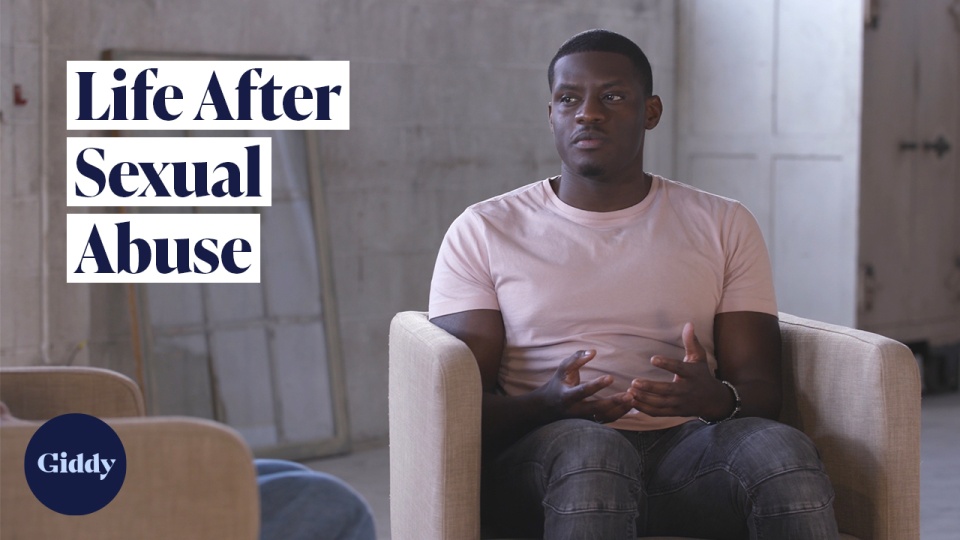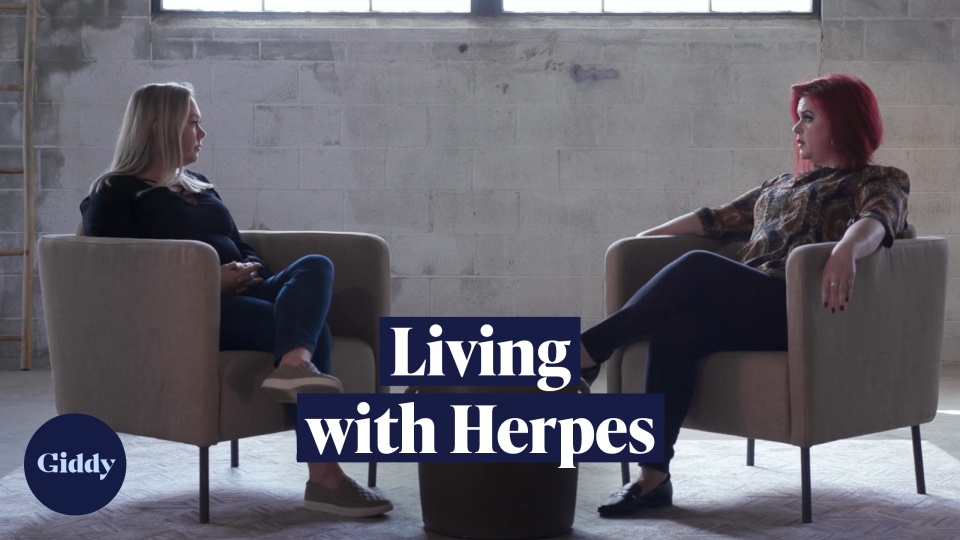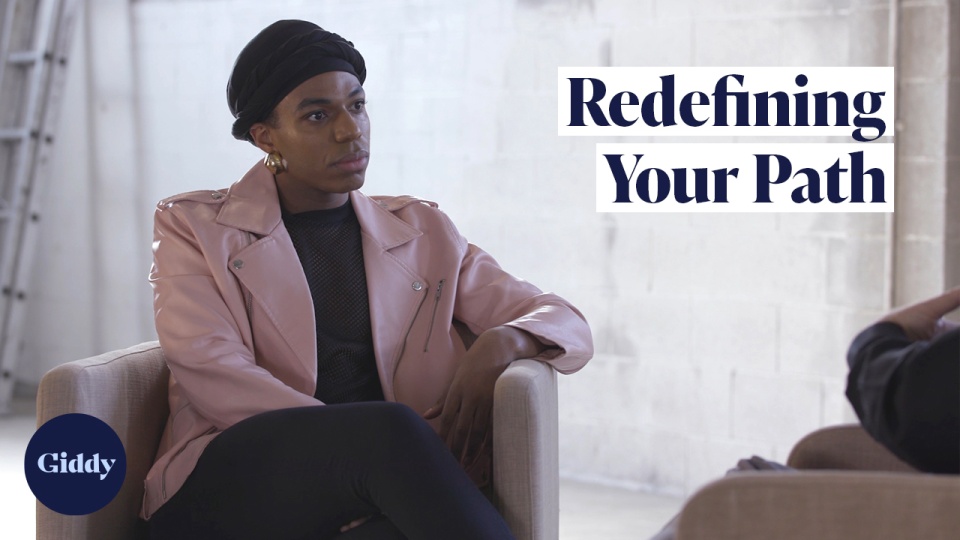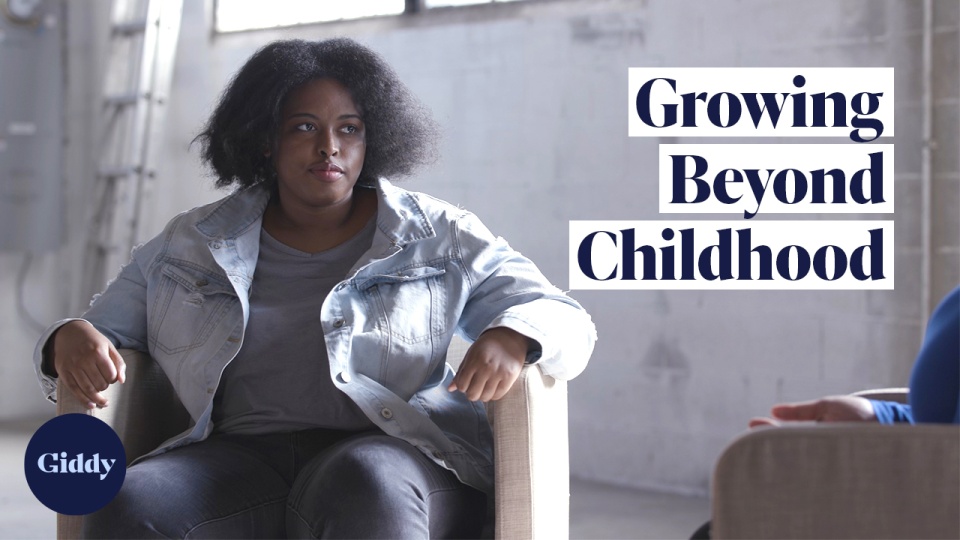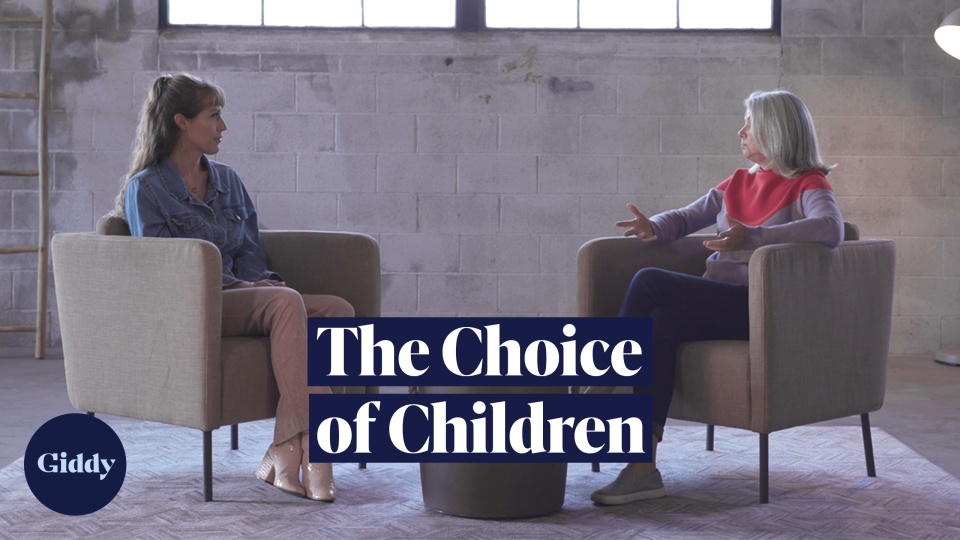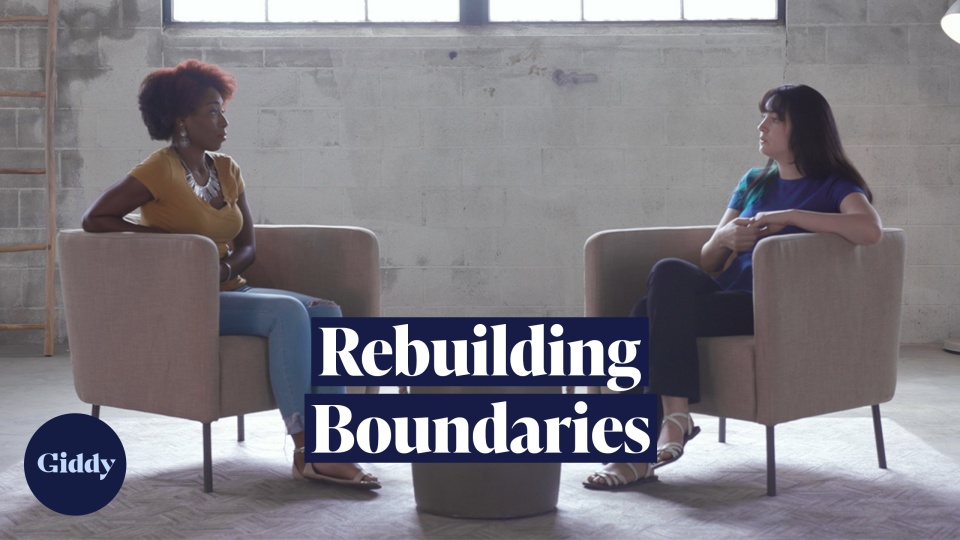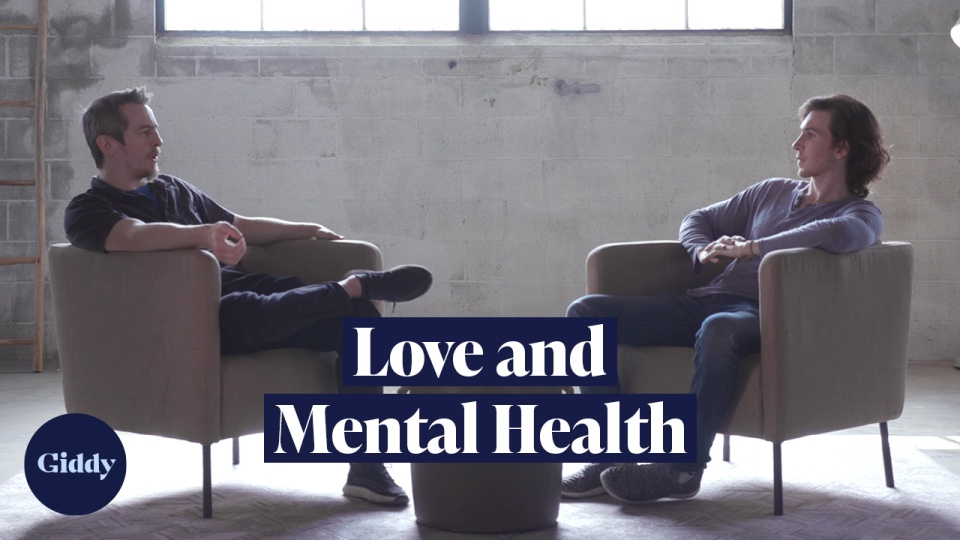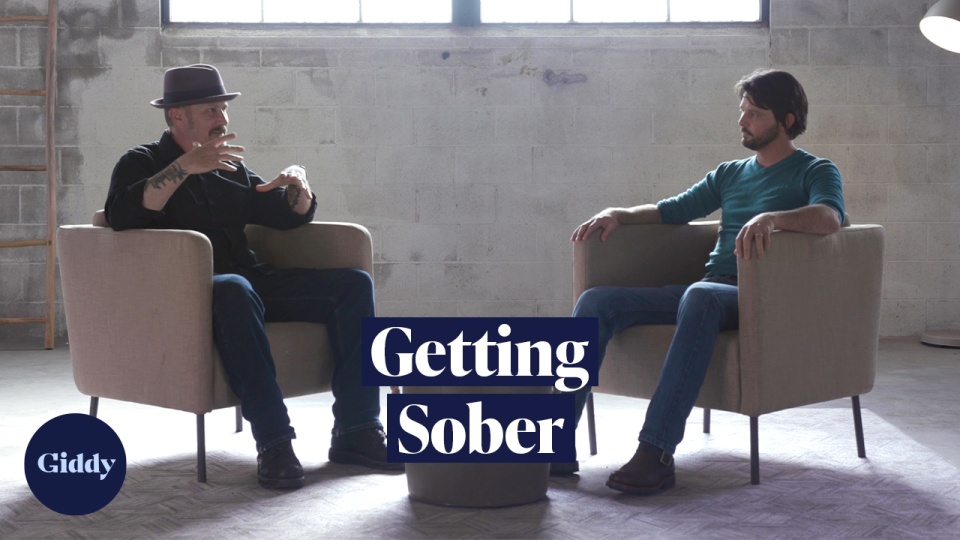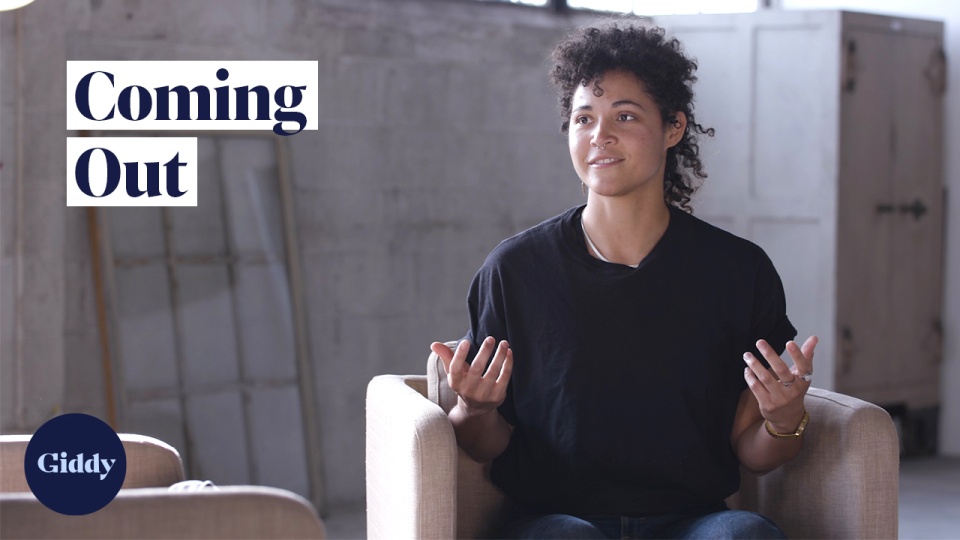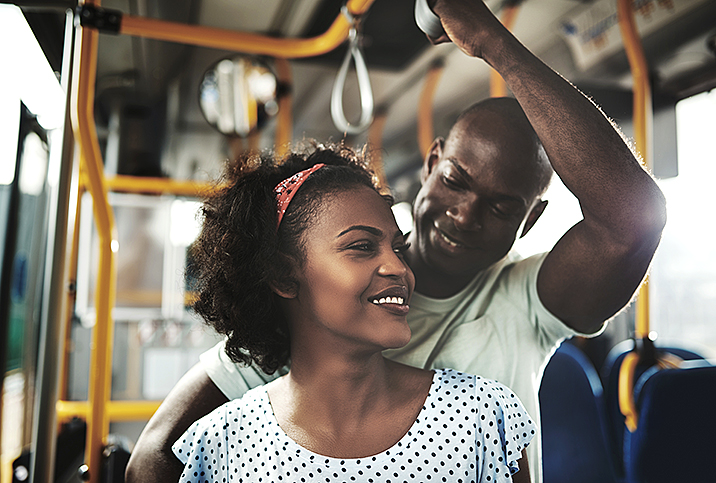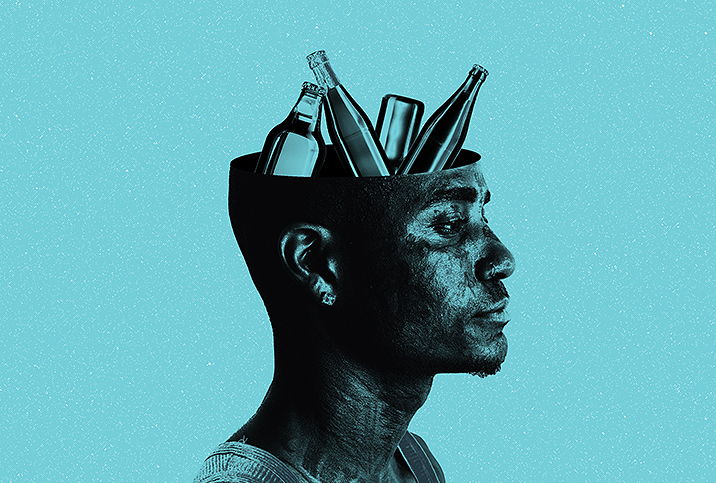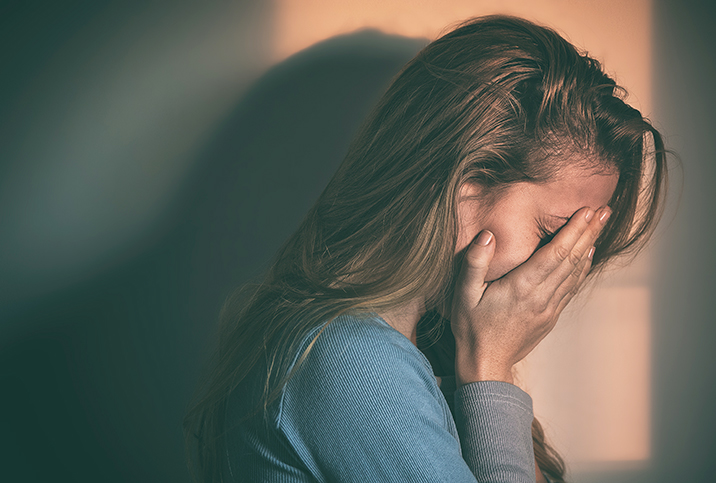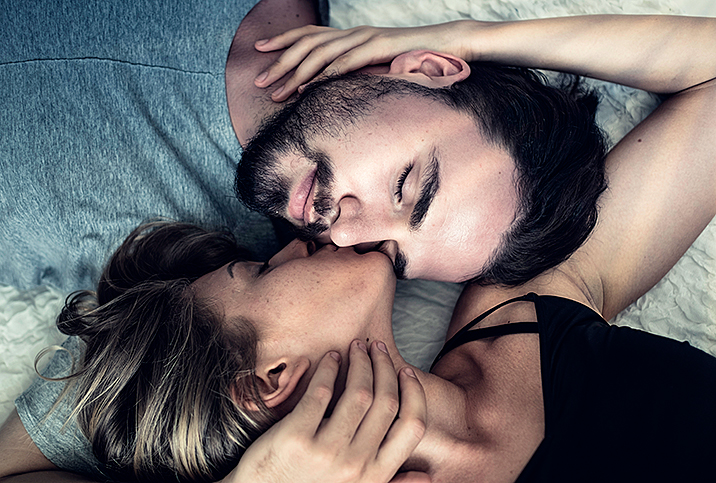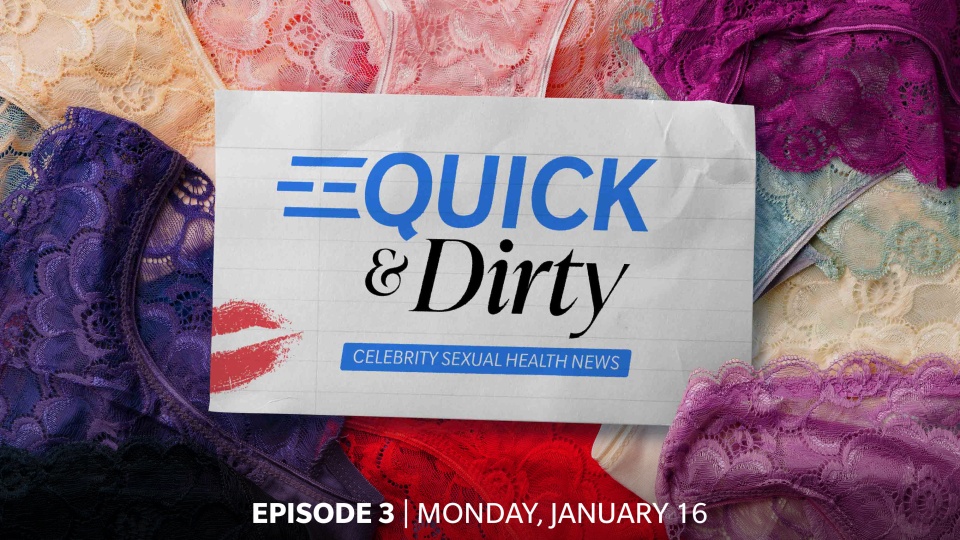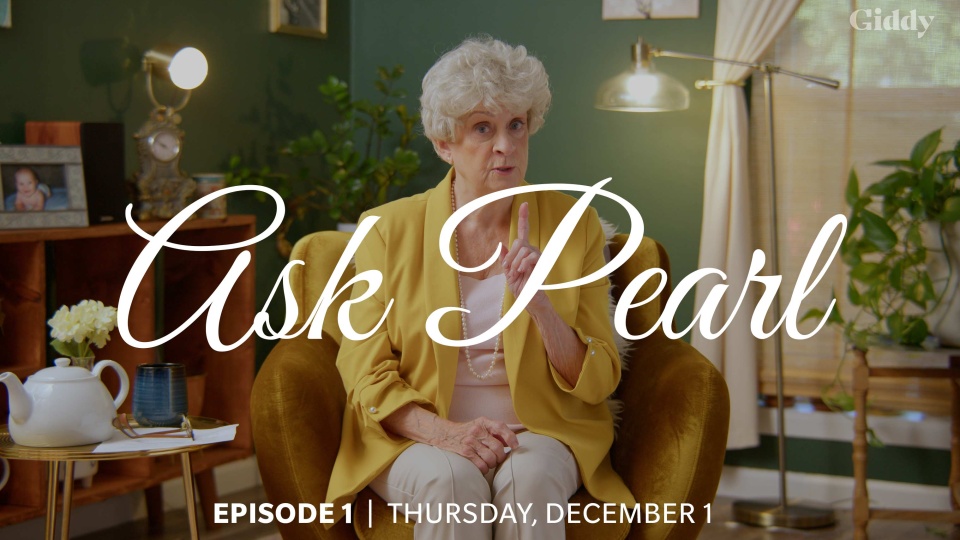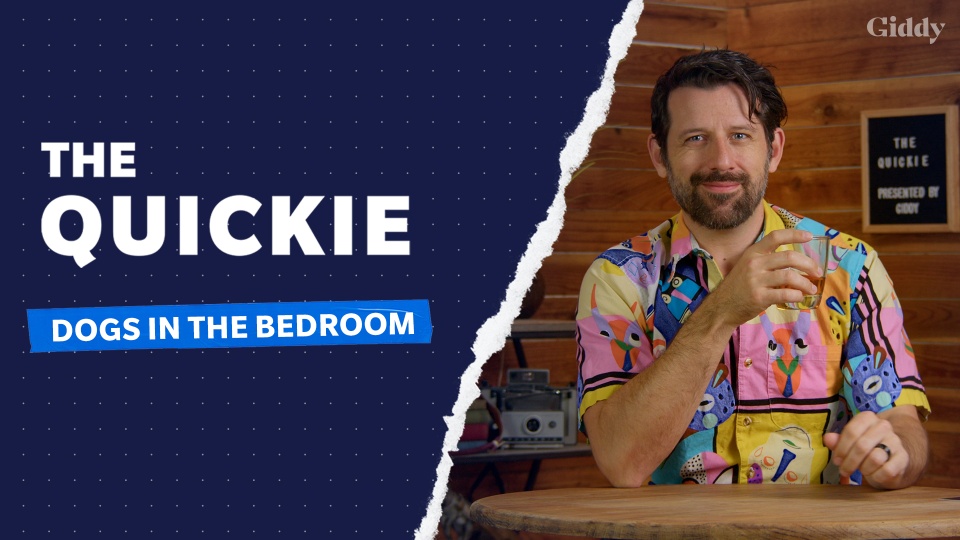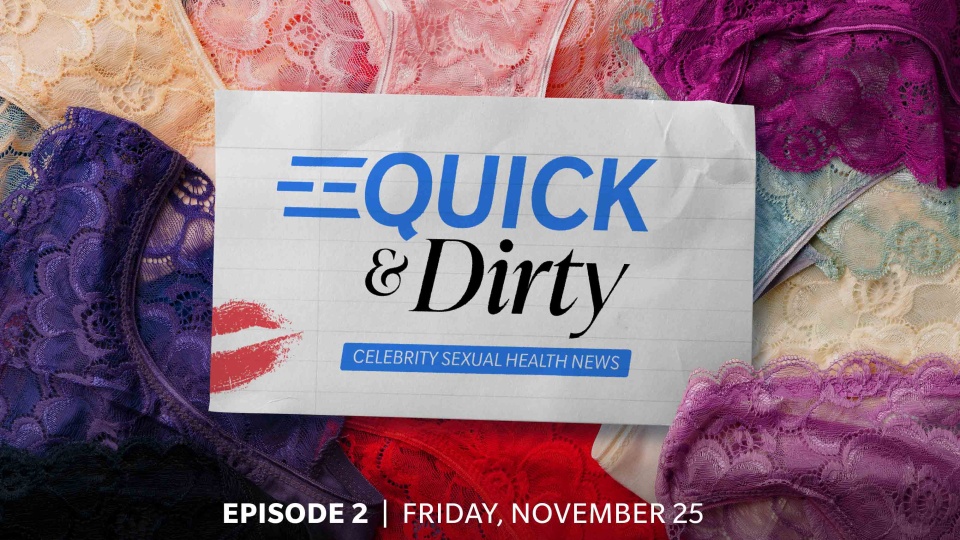Up Next
'I Just Couldn't Stop': Discussions on Getting Sober
Two strangers, Kieran and Brian, open up about their decisions to get sober and the effect alcohol had on their lives.
More about this episode
A Conversation with Kieran and Brian
In this episode, Brian and Kieran sat down to discuss their experiences with alcoholism and what pushed them to get sober. Brian, who has 33 years of sobriety, lent wisdom to Kieran, who recently decided to give up drinking.
Brian, who got sober when he was only 24 years old, recounted his "war stories" with drinking: completely not remembering the events of the night before, lost relationships and emotional spiraling. When he eventually decided to stop drinking and attend Alcoholic Anonymous meetings, he had to learn how to live life again. Brian describes going on a date for the first time sober, having sex for the first time sober, going to a party for the first time sober. This learning curve was the hardest part about early sobriety for Brian, but he is grateful for the opportunity to experience new things and feel feelings he never felt before.
Kieran recently decided to get sober, and is trying to change the cycle of alcoholism in his family. For a long time, Kieran justified his drinking patterns by comparing himself to other members of his family. But now, Kieran sees the destruction he has caused in his relationships. As his brain "dries out," he is viewing the world through whole new eyes.
Transcript
For me, it wasn't my wife at the time, but it was my family because I was only 24. I'm 58 now. Thirty-three years and change go by and a lot of stuff happens, but I remember back then some of that stuff like being a blackout drinker where as soon as you know you take a couple of drinks, it's fun, fun, fun—
It leads on and on and on.
Next thing you know you're up the next morning and it's "Where did I park my car?" We have a joke—and it was, it got to be not funny anymore—but it was a joke at first where I would say, "Man, what happened last night?" My friends would be like, "Oh, we went here and we went there," and I would say, "Did I have fun?" I had no idea. And that's scary, because then go out and you look at your car and you want to walk around it and make sure you didn't run somebody over or something. I mean, it's serious.
I come from a long line of drinkers. Everybody bloody family photo is always "Cheers!" You go, "Everyone's holding up a drink." And then I started seeing the amount of bottles and cans that were getting thrown away, and I was completely oblivious to it. I have a full time job to work Monday to Friday—boom—as soon as I hit the weekend, that's my time off. So as soon as quarantine hit, my brain went, "Oh, you're off! Wake up with a beer, go to bed with a beer." That's what I was doing. Waking up 6, 7 o'clock because my body was still in the mode of "Right, you've got to get to work". So I'll be up at 5:30-6 and I'll be like, "Well, I got nothing to do today."
I would I get tanked on the weekends. I was good. It was my reward. That's what I used to think to myself, that I'm rewarding myself for the job that I'm doing. I think the biggest thing that hurt me the most was the gut wrenching feeling that you have inside, not knowing what happened the night before. And it's that awful guilt that almost makes you want to just puke—not even from a hangover the next day—knowing the amount that you put away means you should be clinically bloody dead. It's new-ish for me that I made the decision.
If you want to talk about it from a relationship standpoint, you don't want a babysitter, you want a wife. Overwhelming sort of embarrassment.
We don't have whatever that thing is inside of us genetically or whatever—as soon as alcohol hits our system—like the normal human being uses it to lower their inhibitions. It's a social lubricant for meeting girls. For whatever reason, though, when an alcoholic drinks alcohol, it triggers something else. There's a phenomenon of cravings that I call the "Fuck Its." A normal human being is going to go, "Wow, oh, I'm a little bit tipsy right now. I better stop." An alcoholic is going to go, "Where's the after party? Where's the after after party? Let's get some cocaine and keep it going." Cocaine might date me because I don't even know if the kids do that shit anymore. I don't even know if it's cocaine anymore.
Normal people that aren't alcoholics or don't have a problem with alcohol, they don't think about alcohol that much. It consumed my thoughts before I got sober. Like, "What the hell am I going to do? How am I going to get it? How am I going to get more? Why did I drink so much? Why is my girlfriend mad at me? I can't remember what I did." All those things, you know. Normal people don't even have to worry about that shit.
Or they might be like, "Ooh, I have a little headache today. I drink one glass too many of wine." I don't relate.
My dad's had a drink every single day of his life for the past, what, 80 years? I'm fine, but I could never say no to more than one.
It's never affected my job. I don't drink before I go to work, I don't drink at work. If I'm working, I'm working, I'm working. That's my brain's. That's the way I've been brought up. You're there to do a job: don't fuck around, period. But when you come home, let's have a good couple of drinks. "Ahh! That feels a lot better." "Here you go." You have your second one then you realize, "I'm not that hungry now because I'm all liquored up. So that's fine, let me just go to bed." And that would be after the fifth, sixth, seventh, eighth time. So, yeah.
It can kind of spiral.
Of course.
It definitely feeds off of itself. That "functioning" thing can keep you from actually getting sober for years because you think, "Hey, I pull it off. I go to work. I do my duty. I do what I need to do." But then if you really look at it, you're not in a lot of areas.
When I finally got introduced to the twelve step thing… there was just this one day and this little old lady—she had knitting needles and she was in a meeting. I didn't relate to her on any level: 24 year old punk rock dude. There's this little old lady knitting, and she puts down the thing and she says, "I just couldn't stop." And I don't even know to this day why when she said that, it hit me right in the heart. And I knew that that lady was exactly like me. And then she went on to say,"Hey, when I started doing the steps and I started listening to these people all of a sudden now I can have a life."
And it's weird because somebody like yourself, being in your thirties and having success and doing things and stuff, it's easier to say like, "Well, that guy was a loser. He was worse than I was." You know what I mean? There's all these different levels. I don't say I lost everything in my life. I never had anything to lose at 24 yet. I was just some loser, 24 year old guy.
But weirdly enough, I was always trying to do bands. I was always trying to do music. I got sober and I met a bunch of guys that were all sober too, and we ended up forming this band and we got a cult following and we made albums and toured the United States and Canada a bunch of times and had all these great times and everyone on the road would just be like, "You guys are sober? You guys are crazy on stage. This is the craziest, fun band ever. I can't believe you guys are all sober."
I'm starting to remember things a lot more. I didn't realize that I felt like my my brain was sort of starting to—as a weird analysis—turn into pieces of wet cake just falling away. That's what it felt like. And I think to numb that you'd have another drink and then you'd be OK that your brain is falling apart. And then you'd wake up the next morning going, "This is wrong." So to numb that you'd be like, "All right, well, let's have another drink" and just carry on. It just became that sort of vicious cycle. This is destructive. Extremely destructive.
When you're newly sober and you're going "Each new thing I do, it's another little tick." You can check them off on a box. I remember for me, I had never gone on a date with a woman sober. I had never had sex sober. I had never done all this stuff. It was like, "Holy shit, this is a brand new thing." You're discovering these new things. It's like sitting down: "I'm nervous, I'm nervous." And normally I would take a couple of drinks to loosen up, and then I would just talk and talk and talk.
But then you get through it sober and you're like, "I can do it. I am capable of having a personality and being sober." Going to a party and just thinking, "What do I do if someone hands me a beer? What do I say? What do I do?" You know, I just say, "No, thank you." So it's kind of amazing because you get to experience a bunch of things and you feel feelings—sometimes we don't want to feel them. The longer I stay sober, I realize all we have is right now, so that one day at a time principal is amazing. If you blow it with somebody—even if you mess up and drink—you have the next day. The next day you get up, you can start all over and not drink. That one-day-at-a-time principal has carried me through 33 years, and it's been a, it's been a good life.
The best part of it is that I don't usually have to wake up and apologize for anything, especially things I don't remember. If I'm apologizing for something, it's something I do remember, which is a blessing.
For more trusted sources on the topics that matter to you, go to getmegiddy.com.






